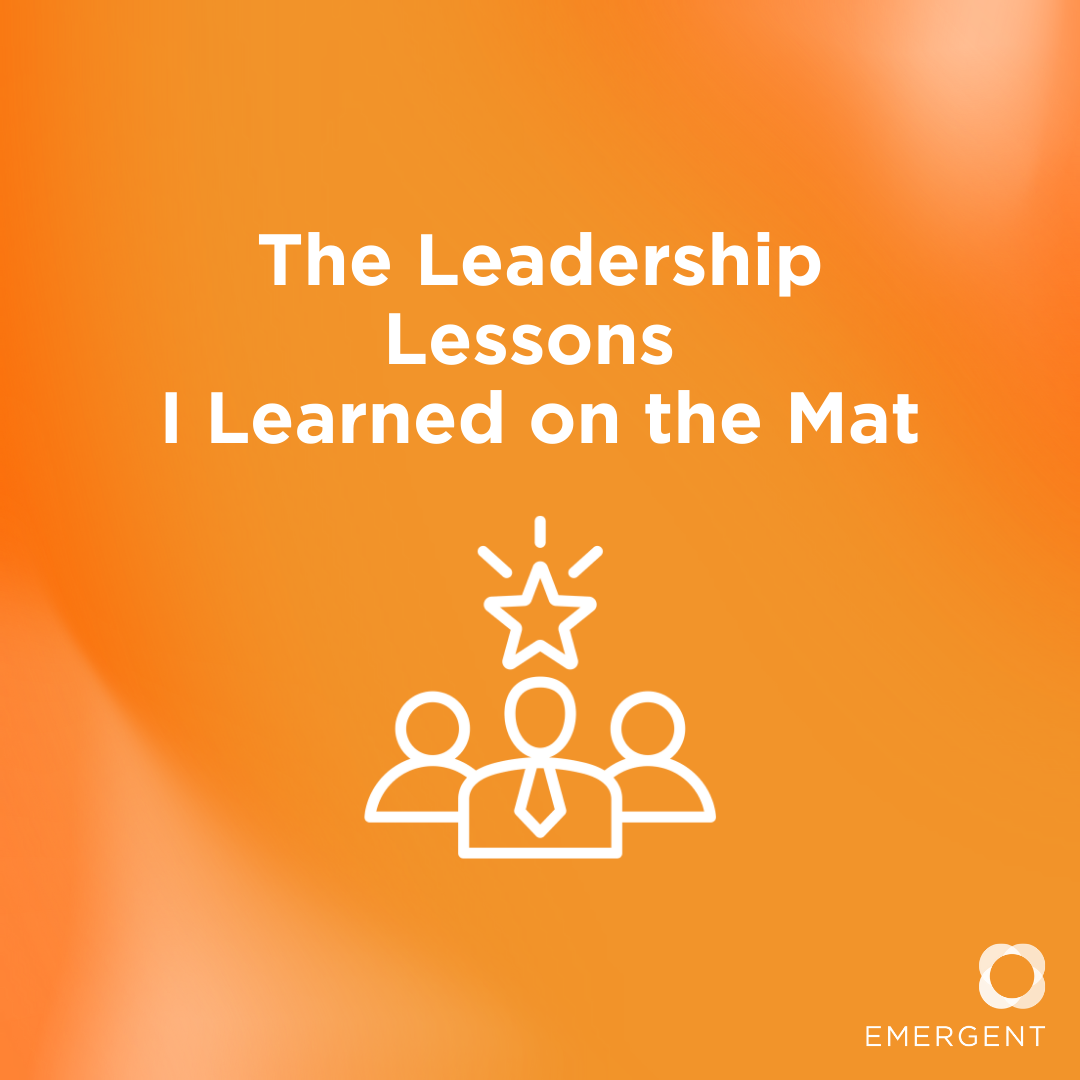I was a wrestler in high school, and my complex relationship with that ancient sport had a great influence on my development, both as a human and a leader. Each time I stepped off the mat in those teenage years, I found I’d learned another valuable lesson. And I can say confidently that I learned the most when I walked off the mat as the loser.
Don’t get me wrong, I had my fair share of “hand-held-high” moments. But those victories were built on what I had learned in my losses. Wrestling is often described as one of the most physically demanding sports in the world, and I’d agree. But in my experience, the toll it takes on the body is outmatched by its demand on the mind and the heart.
One of my earliest memories of losing a match stands out vividly, not just because of the defeat, but because of how unprepared I was for the gut-wrenching pain and embarrassment of loss. I was young, inexperienced, and, to put it bluntly, completely outmatched. My opponent made me look like a rag doll in front of a full gymnasium of onlookers. I wasn’t able to score a single point. In fact, the match was stopped due to the mercy rule—a rule that allows a referee to call a match early when one wrestler is so far ahead that continuing would be unnecessary punishment. I knew what was happening—I just couldn’t stop it.
Frustration and anger overwhelmed me, and in a moment of raw emotion, I shouted a profanity at the top of my lungs. It didn’t just earn me a stern warning from the referee—it cost my team an overall point in the tournament.
After the match, my coach pulled me aside. He didn’t coddle me, and he didn’t let me off the hook. Instead, he told me something that has stuck with me ever since:
“It’s in the struggle that we get stronger.”
He believed I had what it took to overcome that loss, but only if I was willing to face tough opponents, be pushed beyond my comfort zone, and learn from my mistakes. He also made one thing crystal clear: he wouldn’t tolerate wrestlers who refused to learn.
And then he taught me the most surprising lesson of all. Even in a sport where one person wrestles against one person, we need each other. The team matters. We don’t win or lose alone.
The Leadership Takeaways
That moment shaped me—not just as a wrestler, but as a leader. And when I reflect on it today, I
see three leadership lessons that apply far beyond the mat:
- Growth Happens in the Losses, Not Just the Wins.
Defeat isn’t the end—it’s the beginning of growth. When we lose, we’re given a rare gift: the opportunity to examine our weaknesses, adjust our strategy, and come back stronger. Leaders who avoid failure at all costs often miss their greatest opportunities to develop. In the words of Nelson Mandela, “I never lose. I either win or learn.”
- Emotional Control Is a Leadership Skill.
My frustration in that match didn’t just hurt me—it cost my team. Leaders must learn to manage their emotions under pressure. Reacting in frustration, fear, or anger can have a ripple effect, impacting the entire organization. The best leaders master self-control, even in the heat of the moment.
- Leadership Is a Team Sport.
Wrestling may be an individual competition, but it’s not a solo endeavor. Neither is leadership. No matter how strong or talented we are, we need others—mentors, peers, and team members—who push us, challenge us, and support us. Great leaders know that winning is never truly an individual achievement.
That match was one of many lessons in resilience, accountability, and leadership. It hurt. But in the long run, it made me better. If you’re facing setbacks, remember: Losing isn’t failure. It’s a training ground.
The question isn’t whether you’ll lose—it’s what you’ll learn from it.
And great leaders? They never stop learning.
If you’re struggling to make sense of a recent setback or failure, or are curious how to alchemize defeat into growth, send me an email at [email protected].

Comments (1)
Thank you for this – it is a wonderful read and reminder.